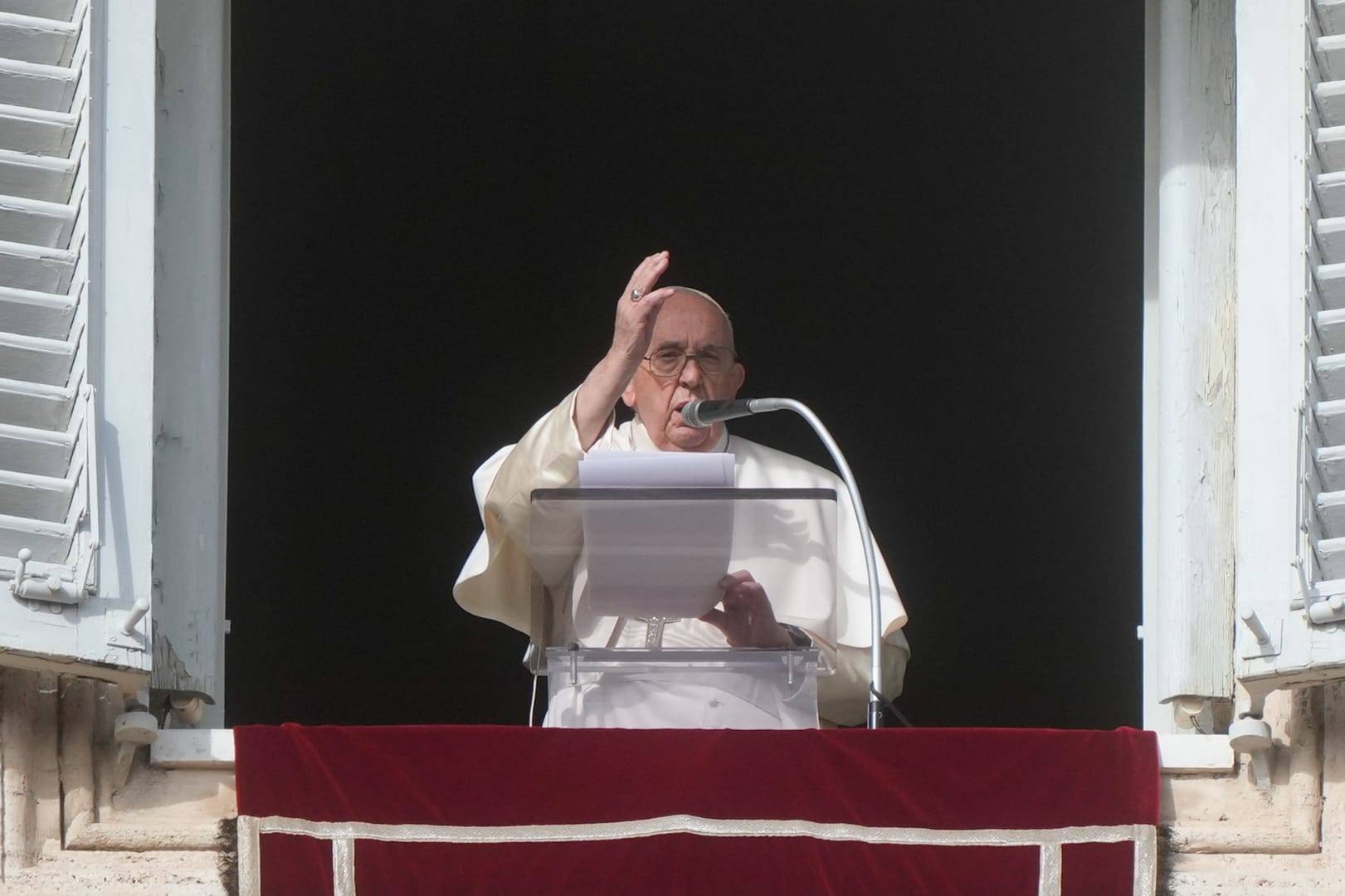MUMBAI, India – Over two thousand young Catholics from all over Asia currently are gathered in Yogyakarta, Indonesia, for the 7th Asian Youth Day, running August 2-6, and among them are 83 young people from India – which, despite the relatively small size of the Catholic population, is nevertheless among the Catholic powerhouses of Asia.
It is the first such international Catholic youth gathering to take place in a predominantly Muslim country. The theme is “Joyful Asian Youth! Living the Gospel in Multicultural Asia.”
The 83 young Indians are accompanied by three bishops and ten religious sisters.
Though Catholics presently are less than two percent of the Indian population, by 2050 Indian Catholics are still expected to number around 26 million, placing India among the top twenty Catholic nations on earth.
A disproportionate share of Indian Catholics are drawn from the Dalits (“untouchables”) and the Tribal underclass, making it a good bellwether for Pope Francis’s vision of a “church of the poor,” and it’s also felt the sting of rising religious intolerance under India’s Hindu nationalist-dominated government.
“Our 83 youth are happy to go, many of them have traveled to the World Youth Days [before], but this time, the AYD7 had put restrictions on the number of participants from each country, hence the number is limited,” said Carmelite Father Deepak K. J. Thomas, executive secretary of the Indian bishops’ conference youth commission.
Thomas told Crux the participants come from all over India, and represent the “diversity in unity” the Asian Youth Day is meant to embody.
“The contribution of the Indian delegation is immense, as we come from a multicultural, multi-religious, pluralistic scenario, and we are an example of peaceful coexistence with religions and cultures,” the priest said.
Thomas also pointed out the support the event has gotten from the Indonesian government, despite the fact nearly 90 percent of the country is Muslim.
“In spite of different ideologies, they are supporting and collaborating for the Good. Humanity matters,” he said.
In an interview to Vatican Radio, Indonesia’s ambassador to the Holy See, Antonius Agus Sriyono, said it was very important for Indonesian youth to “respect differences based on humanity.”
Sriyono said dialogue was important for curbing the radicalism which has recently been growing in the country.
The event has hosted various encounters between Christianity and Islam, including a meeting of religious leaders.
This afternoon held Interreligious Hospitality between Asian Catholic Bishop and other religious leader. #AYD7Indonesia #daysinvenue pic.twitter.com/6cN37eKCLr
— asianyouthday (@ayd2017) August 3, 2017
Bishop Henry D’Souza of Bellary, who chairs the Indian bishops’ youth council, said Asia is facing the rise of religious fundamentalism and threat to peace and security.
“Many of our youth have become victims of communalism and religious fundamentalism. Consequently, they are promoting intolerance, hatred and even violence,” D’Souza said during a homily on Friday.
He said the “long-nurtured and cherished value of social and communal harmony” is in peril in different Asian countries.
“The Catholic youth of Asia have the God-given responsibility to respond to such situations,” the bishop continued. “Concerted action to promote religious harmony and conflict resolutions in Asia should be a priority of our youth associations. The greatest challenge before the youth in Asia is to kindle hope in millions in the region who look for a ray of hope to brighten their lives and make their struggles meaningful.”
During the Mass, D’Souza issued a series of challenges for the Asian Youth Day participants:
- To profoundly experience the unconditional love of God offered to us in Jesus Christ and to love his Church, accepting the divine plan for the unity of humanity.
- To be joyful heralds of unity of all peoples – announcing the arrival of God’s kingdom by promoting equal dignity of all human beings, of men and women of all faiths and races.
- To be champions of human life at all stages and in all forms, deeply humane and sensitive to the poor and needy.
- To promote sustainable development and protect the environment and the “earth which is our common home.”
- To be leaders of tomorrow by taking up leadership roles in all areas of modern life – spiritual leadership as priests and religious sisters and brothers, political life, professionals, media persons, artists and farmers.
- To be transforming leaders with profound ethical and moral values, capable of solving the problems of the world and ushering in “new heaven and a new earth, where righteousness dwells” (2 Pet 3:13; Rev 21:1).
“The Church and Asia need the youth. They need youth’s talents, their energy, their imagination and their leadership,” D’Souza said.
However, some Church leaders in India are not as enthusiastic about the event.
“There is a great sadness among our youth, as recently, one of our youth committed suicide, and another 21-year old girl is bed ridden, suffering from transverse myelitis [a neurological condition in which the spinal cord is inflamed, leading to pain and muscle weakness] for the past 18 months. Her parents are so poor, and cannot afford her medical treatment,” said Father Satish Kadam, the head of the youth commission in the Diocese of Nashik, located in India’s Maharashtra state.
He told Crux no one from the Nashik diocese was going to Yogyakarta.
“Our people are very impoverished, and their daily life is a struggle,” Kadam said. “The sufferings of our youth are intense, even coming to youth meetings is difficult. But still they have faith, which is strengthened by their sufferings.”
He said the situation was “our daily Youth Day: A suffering and poor Church, strong in faith.”

















